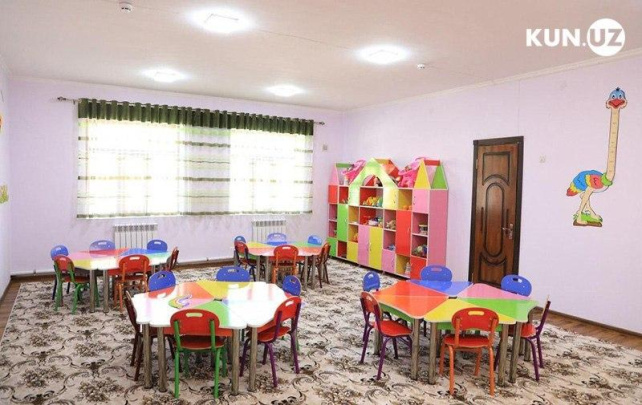Putin approves law mandating Russian proficiency for migrants’ children
Russian President Vladimir Putin has signed a law barring children of migrants who fail to pass a Russian language proficiency test from enrolling in the country’s schools. The regulation applies to primary, basic, and secondary education programs and aims to ensure that students have adequate Russian language skills to benefit from the curriculum.
The legislation, which was published on the government’s legal information portal, prohibits schools from admitting children of migrants unless they demonstrate sufficient knowledge of Russian through standardized testing. It also bans the enrollment of children whose parents are unlawfully residing in Russia.
The law was co-authored by prominent Russian lawmakers, including State Duma Speaker Vyacheslav Volodin, Deputy Speaker Irina Yarovaya, and leaders of key parliamentary committees and factions. The Federal Service for Supervision in Education and Science (Rosobrnadzor) will oversee the development of diagnostic materials and criteria for assessing Russian language proficiency. It will also establish minimum passing scores for the tests.
Rosobrnadzor's role includes methodological support for the testing process to ensure uniform standards nationwide.
State Duma Speaker Vyacheslav Volodin previously highlighted the difficulties faced by non-Russian speaking migrant children in schools. According to him, at the start of the current academic year, 41% of migrant children struggled with Russian language skills, creating significant obstacles to their education and social integration.
"To receive quality education and assimilate into school programs, it is essential to know Russian," Volodin stated. He emphasized that without language proficiency, children face significant challenges in learning, social adaptation, and interacting with classmates and teachers.
Volodin also stressed the importance of migrants respecting Russian culture, history, and laws while ensuring their children are linguistically prepared for life in the country.
Related News

14:46 / 02.01.2025
Affordable learning, global impact: How 42.uz is changing education in Uzbekistan

14:01 / 01.01.2025
Government launches new support program for low-income families

17:49 / 30.12.2024
Azerbaijan imposes stricter stay rules for Russian citizens

13:58 / 30.12.2024



